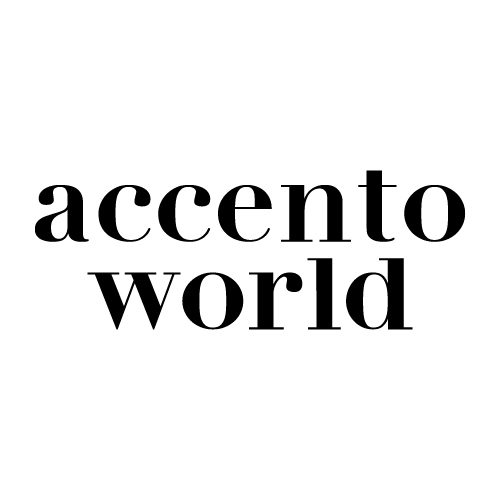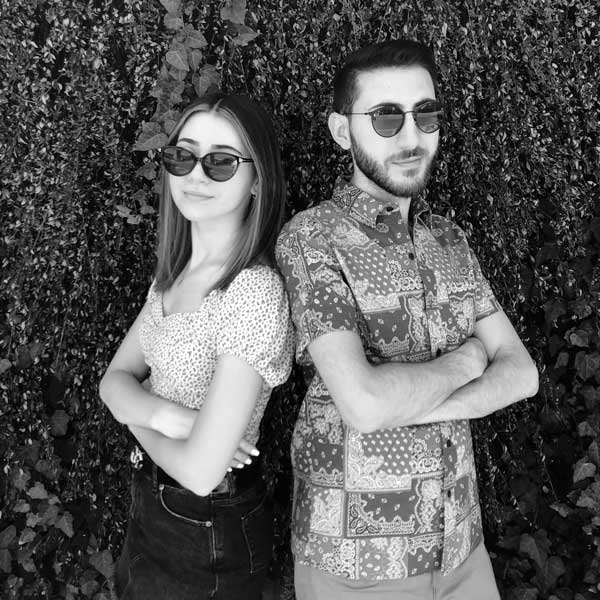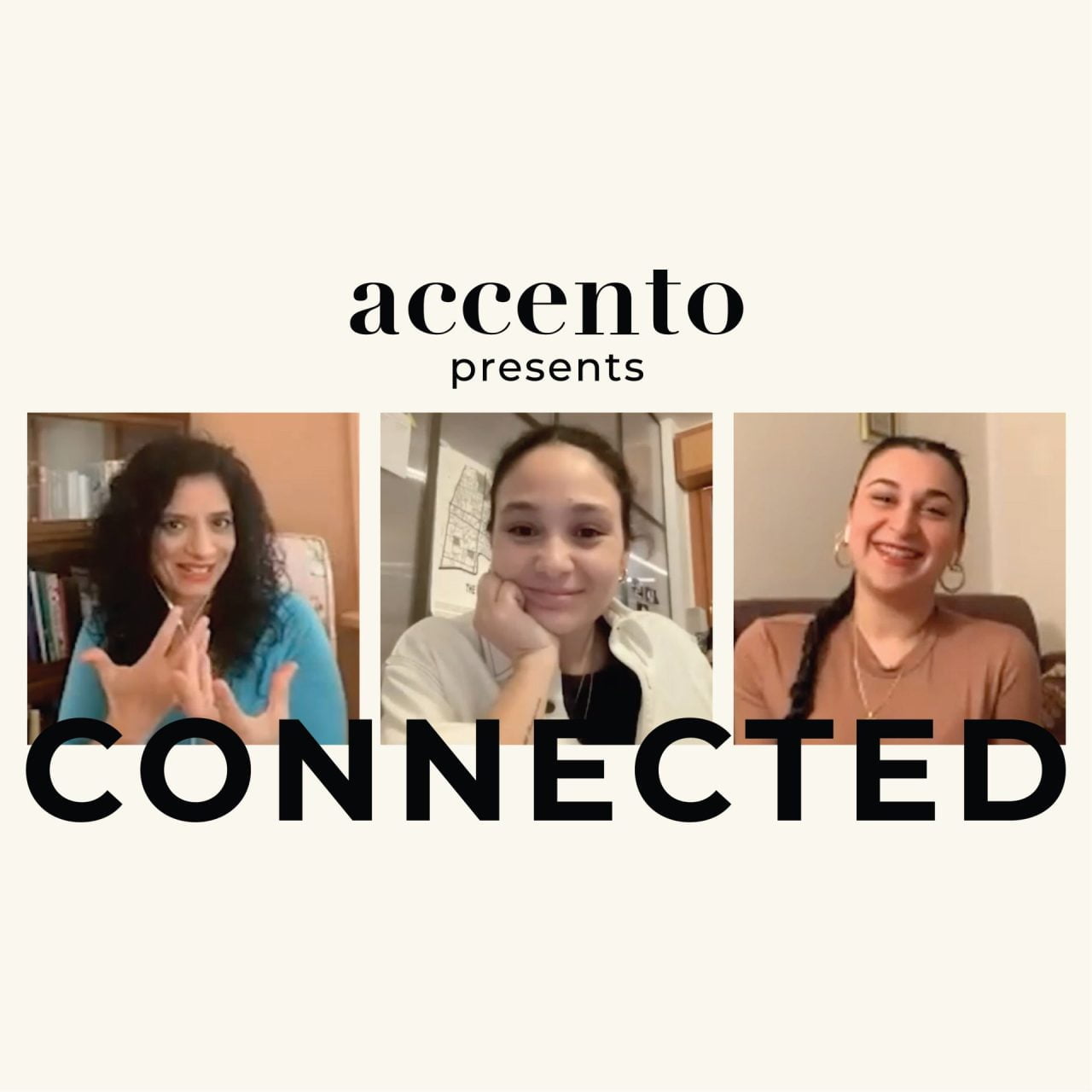Peruvian Panettone

Accento
Family affair: chef Sofia Corti Leon and the Peruvian panettone
Words by Arianna Jakubowski
Photography Anita Tramontana | Photography assistant Filippo Gobbato | Set design Melissa Corti Diaz, Beatrice Casiraghi
Arianna Jakubowski is a writer, editor and teacher currently based in Milan. In this article, Jakubowski is in conversation with Sofia Corti Leon, an experienced pastry chef who, at the age of 23, has already worked in the most prestigious European restaurants. Discover how Leon’s Peruvian and Italian roots are explored through her love for panettone.
My grandfather was a German cartographer. A man and a bond I never got the chance to know. Perhaps by inheritance, I have always thought of writing as a kind of cartography. Writing to draw maps, above all, writing to imagine, to trace routes, paths, tangible, and invisible connections that inhabit maps. Families are made of this, among the many complicated things they are made of, families are also migrations, encounters, and landscapes. They are “trees” yes, but more than anything else they resemble maps. I’m pretty familiar with the feeling of hesitancy when faced with questions around my “roots.” Not because I don’t have any, all living shares, in different forms, roots, but rather because, as the protagonist of this story, mine are scattered around the globe. Where it comes natural to me approaching this topic with a geological attitude, digging in, stirring up soils and territories, enjoying the shadows, our star seems to be much more comfortable around a certain light, and blaze, from which not only she finds herself surrounded by, but that she spontaneously emanates.
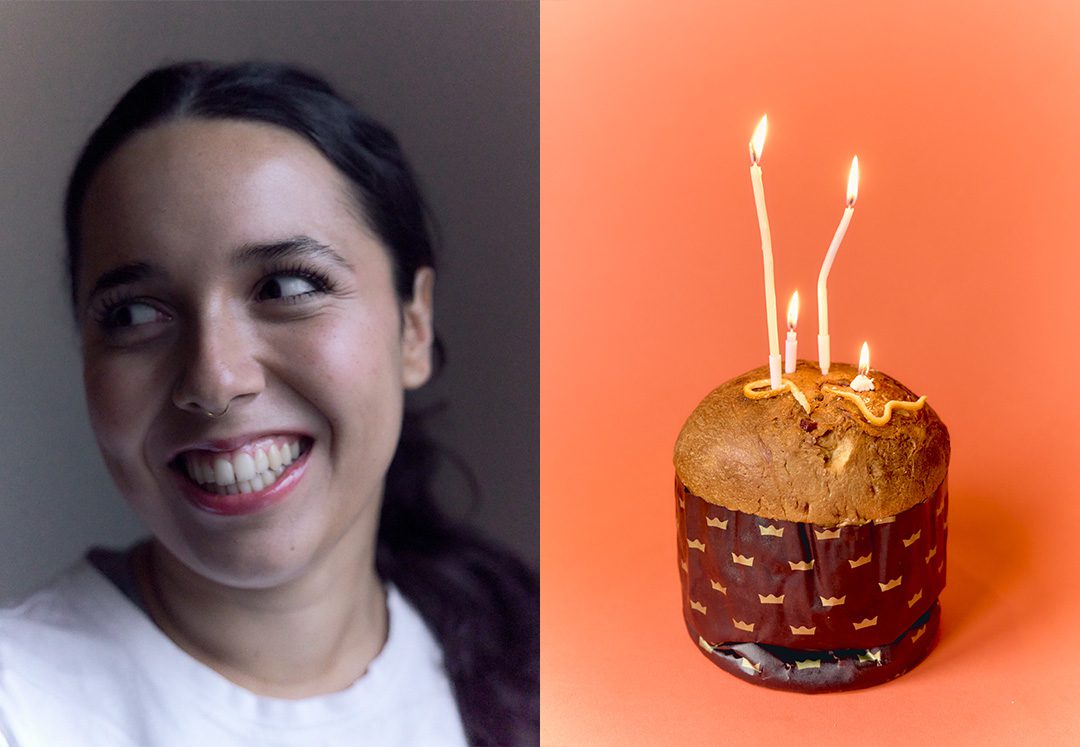
Sofia Corti Leon is a young pastry chef currently living and working off the same substance as her roots: travels, meetings and flavors. At just 23 years old, she boasts of an important resume around the most prestigious European restaurants. In a long chit chat, chopped in bits and pieces on several occasions, due to her busy schedule and geographical constraint, we decide to begin tight-knitting memories together, cueing from her travels’ stops. Born to a Lombard father and Peruvian mother, she adopted as her own symbol: “The King of all sweets,” according to Sofia, the Italian panettone, to which she dedicated her late academic research, and burning passion. Very few are aware that Panettone, the flagship of Lombard cuisine, and the landmark of Italian Christmas, docked during the last century on the Pacific coast of Peru becoming, on the very opposite end of the world, a beloved pastry icon. “During one of our trips to Peru, we found out our Christmas Panettone is considered to be a dessert for all special occasions, even for birthdays” her sister Melissa Corti Diaz recounts, giggling with delight, while I listen speechless. In Peru, as a matter of fact, Panettone is now considered a dessert for all kinds of celebrations, freed from its heavy winter coat, here The King thrives on a rampant fame, unknown to most Italians back in his motherland. “What’s more, back there they think it’s a Peruvian thing, or anyway a national dessert! Picture us from the province of Lombardy starting to argue with relatives over the paternity of Panettone, completely blown away by the whole thing.” Panettone reached South America via Genoese sailors, according to what the Italian community in Peru reports, but it owes its success to the Campania-born D’Onofrio family, arrived in the Andean lands in 1911, and receiving, during the 60s, the license to adopt the original recipe, and packaging from the Milan-based Alemagna. Within the country many variations emerged over the years, blending regional and seasonal ingredients, including preparations with sweet potato flour or carrots, from Sierra and Huancayo areas. Later on D’Onofrio, the industry giant, was acquired by Nestle corporation, and many connoisseurs, including Sofia, are increasingly concerned about the shift from the original preparation and quality. “Quality is everything, quality and time, Panettone requires a lot of commitment and time, something that is obviously not abiding by the large-scale industrial production standards” she points out, as her eyes are tinged with that glittery glare typical of art fanatics, as if she is mentally getting ready for the 72 hours long journey that this unique dessert requires. Ultimately, all pastry demand a high dose of patience, concentration, and above all: “Precision”, a value that the Chef would also export to the rest of the kitchen.
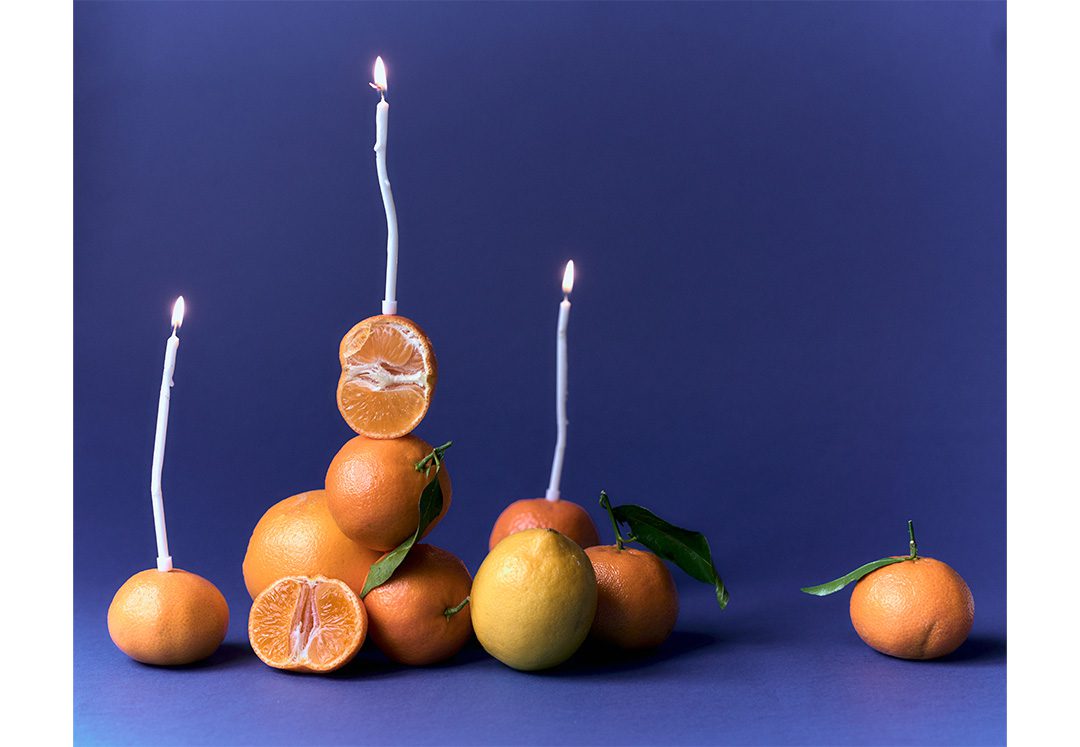
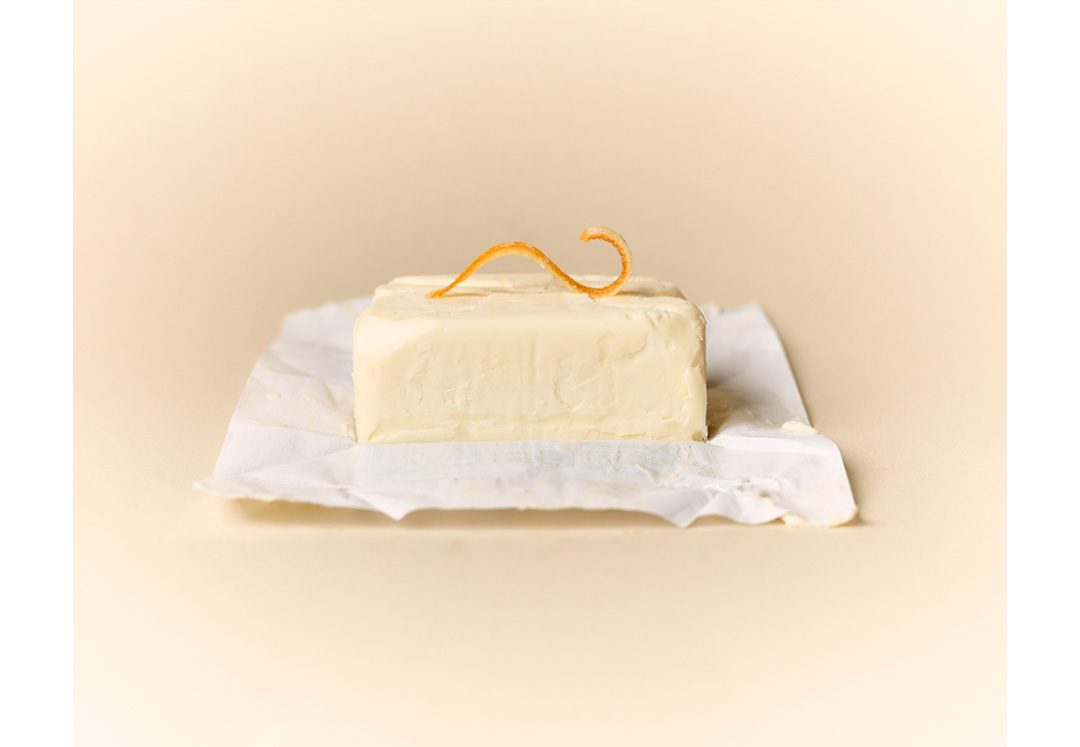
“Although I wouldn’t mind taking a leap behind the stove, experimenting with other processes and preparations, to shake off some of the rigidity that this job carries.” Mirroring the Panettone revived from its short Christmasy lifespan, Sofia is always looking for new challenges, to ignite her passion, and protect it from a whole range of burdens and constraints to which it is constantly subjected to. From the glittering, star-polished crockery in some of these star-winning kitchens, we cautiously delve, step by step, into the craft’s “forest dark”1. “What would you free yourself from?” I ask, “A certain competition, the toxic and violent kind. Don’t get me wrong, I love competition, I have a knack for it, maybe that’s why I love this job, and I’m able to navigate some dynamics quite well, but there is a gloomy side, especially within French kitchens, that is extremely toxic” a militaristic aspect, adopted primarily by the French style, and then exported around the globe as the normalized attitude in the field, the kind of challenge that keeps viewers glued to programs and TV series about cooks on the edge of a nervous breakdown. “We are experiencing a major mental and physical health problem” she continues, because of the need to keep up with a market that is now bypassing the very heart of the discipline, denounced by the industry biggies themselves, including the unrivaled Danish Noma, which this year caused a stir declaring its willingness to close to the public in 2024, and devote their precious time exclusively to experimentation and research, precisely given the weight of having to sustain certain production chains, “Sustainability is a real problem on so many levels, including the meals we consume on the daily, often times lacking necessary nutrients.
You don’t get the required amount of energy to keep up with the daily marathons, what a paradox no?!” Supplying the best food in the world and yet being deprived of it whilst in service to others, what hides behind the fan doors surprises me even more than the transatlantic adventures of Panettone. “Then you know,” circling back to Noma again, “I don’t know the dynamics inside that kitchen. The kitchen is a very specific environment, and every environment has its own mechanisms, ins and outs, and hierarchies.” All kitchens are settings, echoed both in the dishes, and in the couloirs2, resembling the outside world, an endless sequence. “Each balance is unique, and given the high rate at which staff substitutions happen every season, you pretty much have to start from scratch every time.” For a spell kitchens resemble mushrooms, popping up as unpredictable clusters. It would be wonderful to be able to slice a kitchen at the top, as you’d do with the Pandoro, the Panettone long-time rival, and observe from above the cooks’ migratory maps. Chefs and staff nomadically migrate, as the ingredients of their works of art. The combination affects the culinary art in all its facets. “And how do you keep up with all these changes?” I ask, being used to a more solitary profession, “Well, by having a good leader, that’s one of the greatest lessons I’ve learned in Spain” she firmly replies. Spain, precisely the time spent at El Celler De Can Roca, a three Michelin stars based in Catalonia, regarded as one of the most creative cuisines in the world, stands for Sofia as the icing on the cake of her training, not strictly due to the precious knowledge acquired there, but especially because she finally felt free to be her true self, as in a perfect paso-doble3: “The leader of our group knew how to guide us from a human perspective, she knew how to bring out the best in each one of us, she understood that the key to a good leadership lies in cultivating and watering everyone’s uniqueness. Making us shine, without attempting to suffocate our personalities, to make us look all the same, soulless machines.” After some frustrating years, “Because I’m young, I’m a woman, because everywhere I go I’m a stranger” overseas, as oftentimes in Italy itself where, “some want us to act the same, crushed by the weight of our own incredible tradition. You always have to be careful, you don’t have to stand out, you have to stay classic, carrying on traditions, and toning yourself down.” I must confess that this is a common feeling among young Italians experimenting with a variety of creative disciplines, under the weight of our immensely rich culture, the past, is often being valued more than the chances that the future might bring.
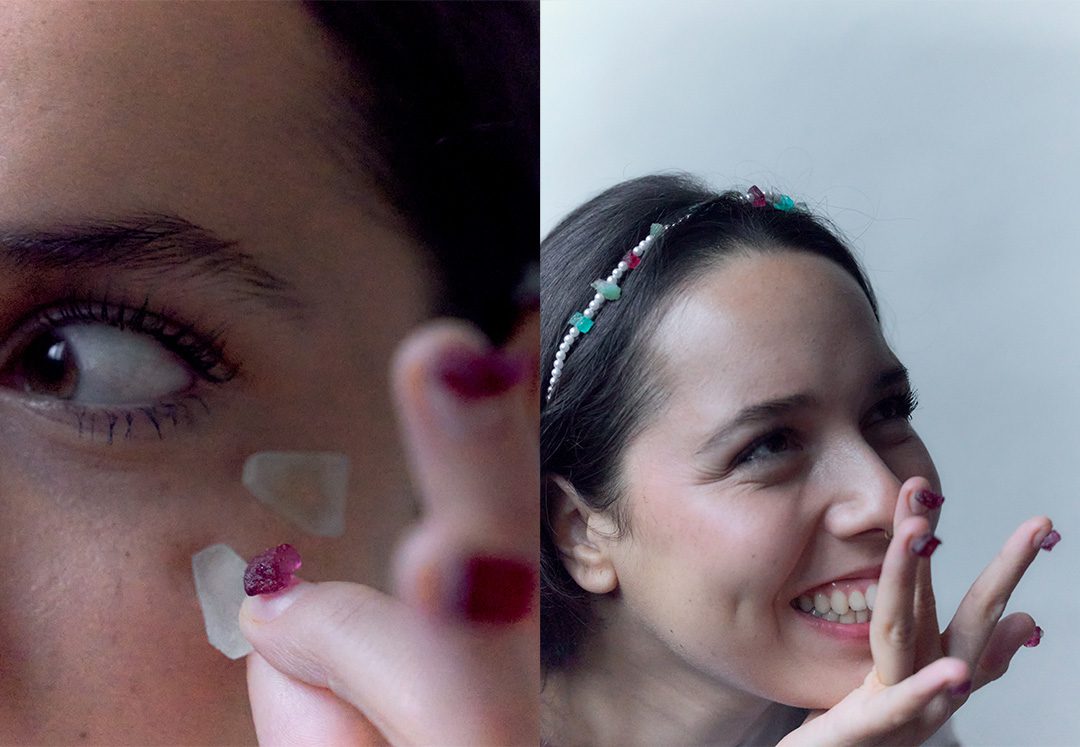
“It was during my stay in Lecce that I finally realized the true value of my culture, of our Italian culture, the beauty, and richness of a land that I hadn’t fully explored yet,” having been accustomed since her childhood to shuttle between continents, Sofia confesses that thanks to her career she got a chance to get to know Italy. “We used to eat well there, the ingredients in Italy are still excellent, and it all starts with the right ingredients,” as, on the other end, the quest around identity, a certainly delicate matter, prone to frequent violent drifts and oftentimes monopolized by arguments, from whatever side, that feel categorical and drastic. Identity is a subtle and complex concept, resembling a layered dessert, it is a matter of sensibility, something that revolves around the senses instead of the intellect, “As I feel a connection to Peru that I cannot put in words, I feel that I belong there, and it is not something that I own, or that I can manipulate. It is a part of me, together with its ingredients, its flavors, communities, its language, though my Spanish is a blend of all the different variations I came in touch with” she admits with a sincere laugh, “It is a bond that I love, and that I nurture.” Indeed, the primary ingredients are always the bonds. All bonds, all relationships, including the one that we have with ourselves, and the ones we stimulate with food, need to be fed with care, precision, quality: “I’d rather skip a meal than eating food that poisons me. Food can be poison too, solely by cultivation and processing practices, we should be more cautious about what we accept to include in our diets” Sofia argues with a firm tone, “Poor nutrition cannot be condoned” we both nod in agreement.
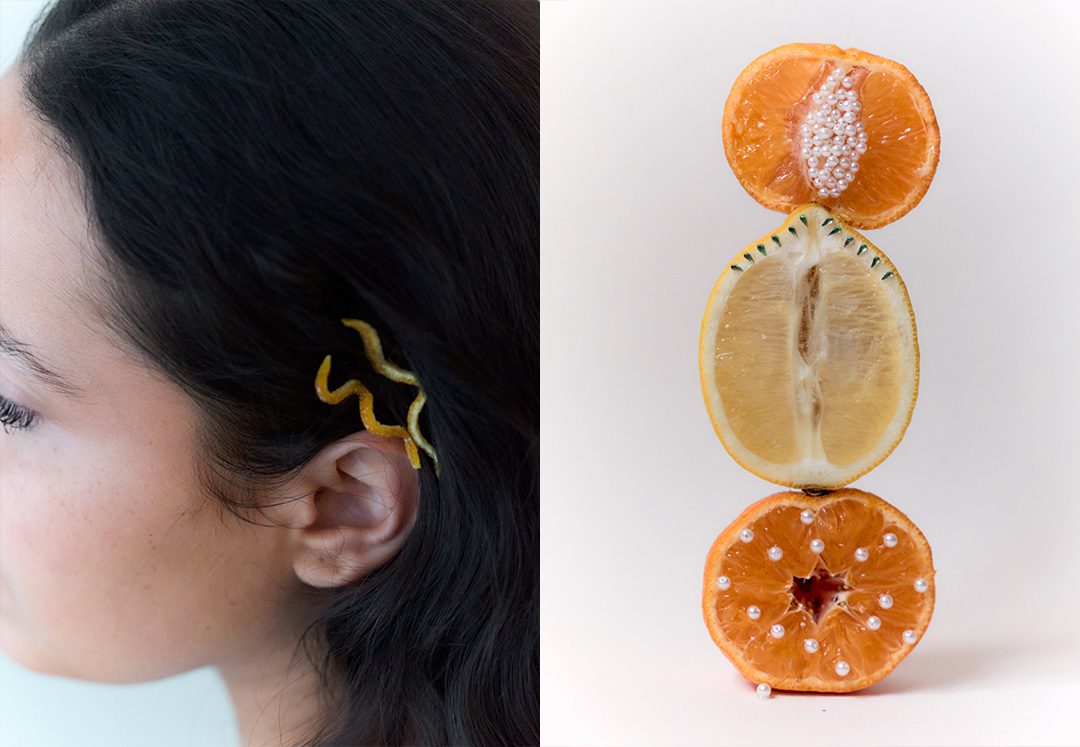
It is not only us inhabiting places, relationships and environments. In hindsight, these places and bonds inhabit us, they live and grow within us, forming a continuous dialog, each time we feed the vessels that are our bodies. “What else are we missing?” I carry on, “Discipline: the foundation of any great teamwork, nothing gets done without discipline,” she affirms, still glowing after a long day of work, shootings, and travels. “Whenever I see a messy chef, I feel dizzy… that’s scary!” Discipline helps materialize creativity, it’s the right temperature to cook up a creative endeavour. “And…” she goes on, softening her tone up: “Just be yourself. I know this might sound like a redundant cliche nowadays. We get bombarded by this mantra everyday, but it truly is my secret ingredient. That’s what keeps me going, and ultimately is what helped me in the hardest days, I am a firm believer in my own self. It’s my fuel in this crazy-competitive field, the thing that makes me deliver, every time girl!” We burst out laughing, and I stare at her sparkle with genuine admiration. Celebration’s full circle. “I know I still have a long way to go, but that confidence is what allowed me to protect myself from the toxicity of these environments, without losing sight of the real focus, the fact that at the end of the day, I just love cooking!” Flour, I think, this is the flour from which anything can be created, that simple yet so precious basic ingredient. “In the end it’s all for love” she concludes. I picture those who travel, and happen to meet the love of their life in distant lands; the love in the eyes of someone carefully handling a precious Tahitian Vanilla pod, aware of its incredible properties, its history, and every single step needed for its harvesting, all the way down to the tip of the knife; the love stuffed in the bite of a Christmas or Birthday Panettone slice, our beloved King.
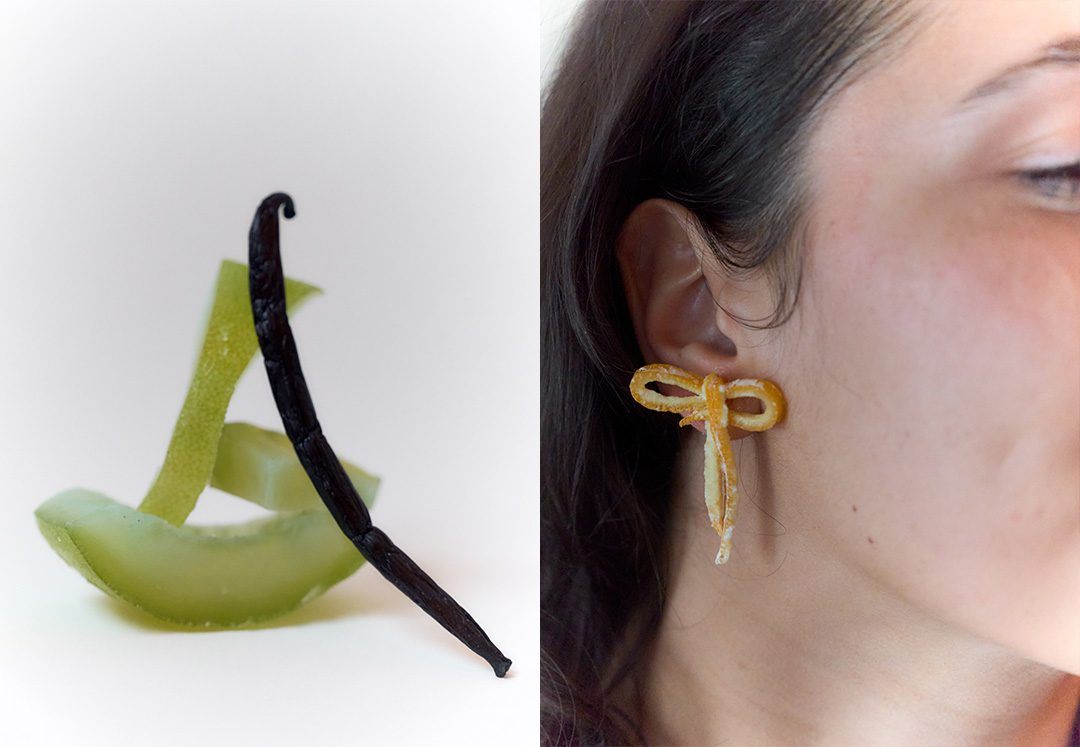
It is precisely because we are unaware of the maps drawn by each ingredient, that we misread food. It’s true what philosophy says: we are what we eat. “Cooking has become fashionable, it has become mainstream, which is not a problem, but it becomes a problem when this fashion is not followed by a certain will to know more about things, ingredients, people and places. On the other hand, we should also get rid of the misconception, carried on by certain individuals in this industry, that if you don’t devote your entire personhood and your life to cooking, if cooking isn’t your sole obsession, then you are not enough,” she defines the right cooking point: to be able to recognize the complexity of the art, without falling into consuming, burning-out schemes. “What’s the next destination?” I finally ask her, curious to know where her free spirit, tired of wrapping her hair up every day, and wearing only the white uniform, will land, “Greece, I would definitely love to delve more into its flavors. Their ingredients are perfection, including hospitality.” Welcoming others allows us to expand and enlarge our knowledge, to understand, and love more, better, to share a slice of Panettone with the opposite end of the world, and to rediscover one’s country through the fresh eyes of someone else, as well as to fall in love with that very Other. To hold hands, “this hand shaped exactly like the fruit you want to eat.”4
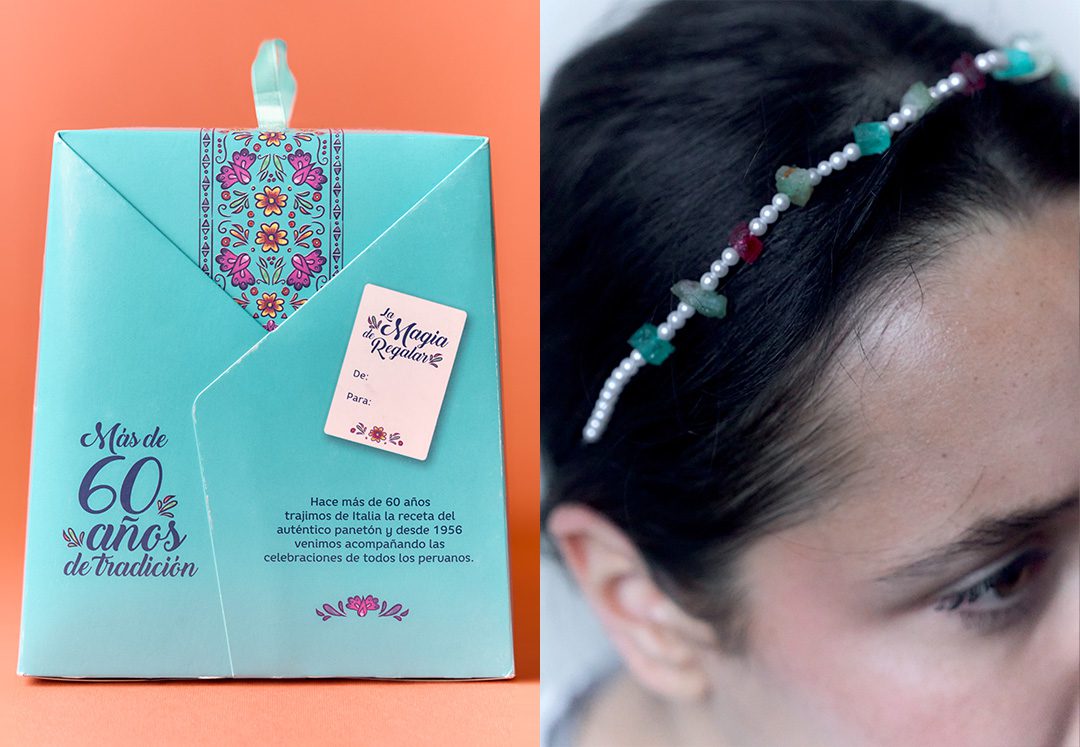
1 From Dante’s Inferno famous strophe. Dante Alighieri, The Divine Comedy, Inferno, Canto I.
2 French for “corridors”.
3 A Spanish style of ballroom dancing.
4 Quote from French philosopher Jean-Luc Nancy.
If you like this content,
Please consider supporting us!
Please consider supporting us!
Accento operates as a self-funded project, and every new membership, purchase, or reshare plays an important role in our growth and content creation.
